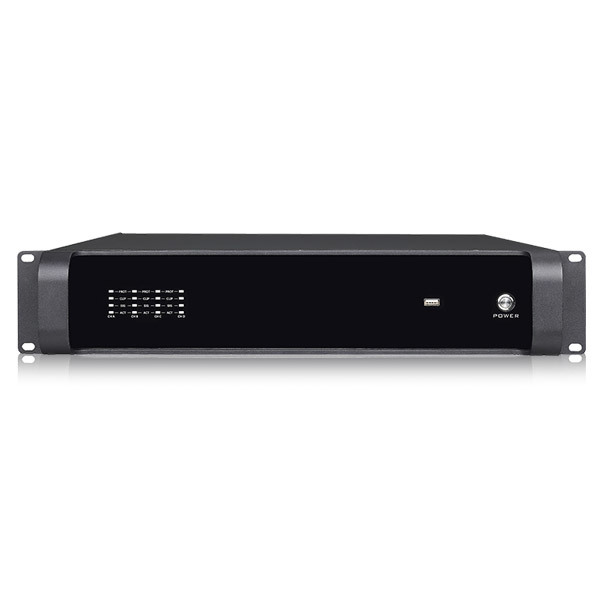Harnessing Audio Precision: The Rise and Relevance of DSP Power Amplifiers in Modern Sound Systems
Release Date:
2024-08-22
As digital technology continues to revolutionize the way we experience music and media, the role of specialized audio equipment becomes increasingly critical. Among the numerous advancements, the emergence of Digital Signal Processing (DSP) power amplifiers stands out for their ability to deliver exceptional sound quality and flexibility in audio output. In this explorative article, we will unravel the intricacies of DSP power amplifiers, highlighting their importance and applications in modern sound systems.

At the core of DSP power amplifiers lies the digital signal processor, an integrated circuit specifically designed to process digital signals with speed and precision. This tiny yet powerful component enables the amplifier to perform a myriad of complex functions that traditional analog amplifiers simply cannot match. By leveraging digital technology, DSP power amplifiers offer unparalleled control over audio output, from tuning equalization to manipulating the sound stage, all with fine-tuned accuracy.
One of the most notable features of DSP power amplifiers is their versatility. These amplifiers can be programmed to cater to specific audio requirements, making them suitable for various applications ranging from home theater setups to commercial installations. Whether you need to adjust the bass response in your living room or create a customized soundscape for a theatrical production, DSP power amplifiers provide the tools to shape your audio environment.
The capability of DSP power amplifiers extends beyond mere adjustments; they also excel at correcting acoustic anomalies. Room modes, standing waves, and other acoustic challenges that affect sound quality can be mitigated through careful DSP programming. This means audio enthusiasts can achieve optimal sound in virtually any space, without the physical alterations that often accompany traditional acoustic treatment solutions.
Another aspect where DSP power amplifiers shine is in their power efficiency and heat management. Digital amplifiers, including those enhanced with DSP, operate more efficiently than their analog counterparts, converting more of the incoming power into sound while dissipating less as heat. This not only reduces energy consumption but also extends the lifespan of the amplifier by minimizing thermal stress.
For audiophiles seeking high fidelity and transparent reproduction, DSP power amplifiers offer a compelling choice. The digital processing ensures minimal signal degradation, preserving the integrity of the source material. Moreover, the elimination of analog-specific distortions and noise results in a cleaner, clearer audio output that is true to the original recording.
As the demand for smart and interconnected audio systems grows, DSP power amplifiers are well-positioned to integrate seamlessly into modern networks. Their compatibility with digital controls and networking protocols allows for centralized management and remote operation, catering to the needs of technologically advanced environments.
In summary, DSP power amplifiers represent a pinnacle of audio technology, combining the precision of digital signal processing with the power and functionality of modern amplifiers. Their ability to adapt and optimize audio output makes them indispensable tools for achieving superior sound quality across diverse settings. As we look to the future of audio technology, it is clear that DSP power amplifiers will continue to play a significant role in shaping how we experience sound in our daily lives.
Keywords:
DSP power amplifier
Related News






